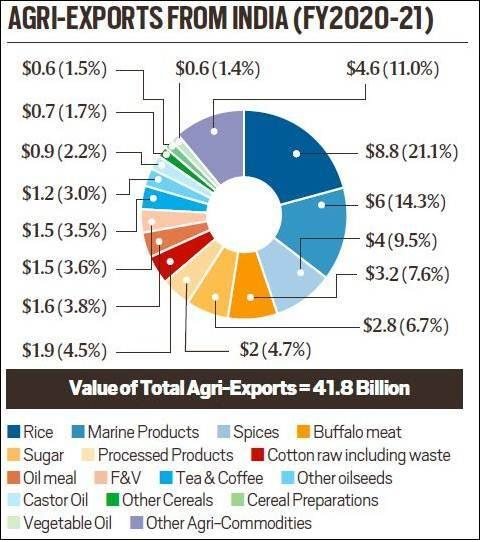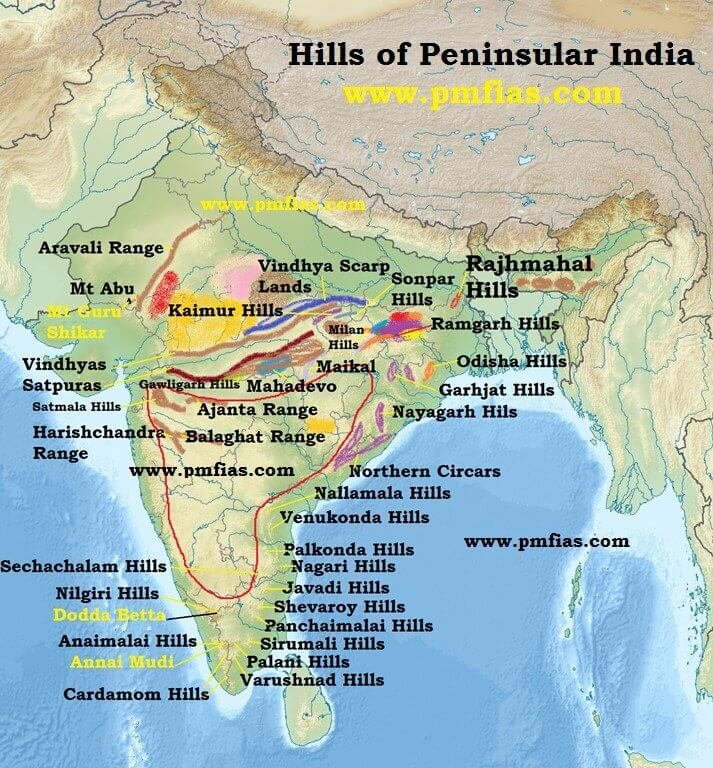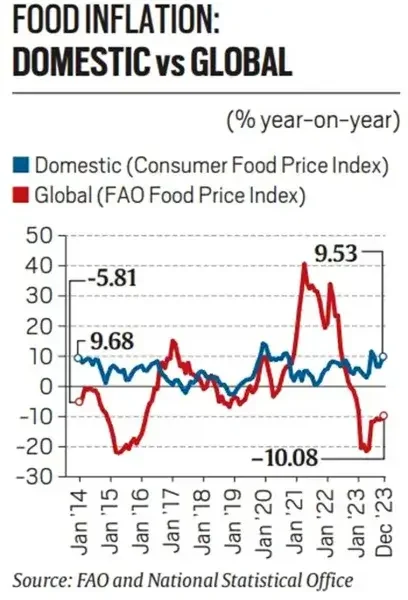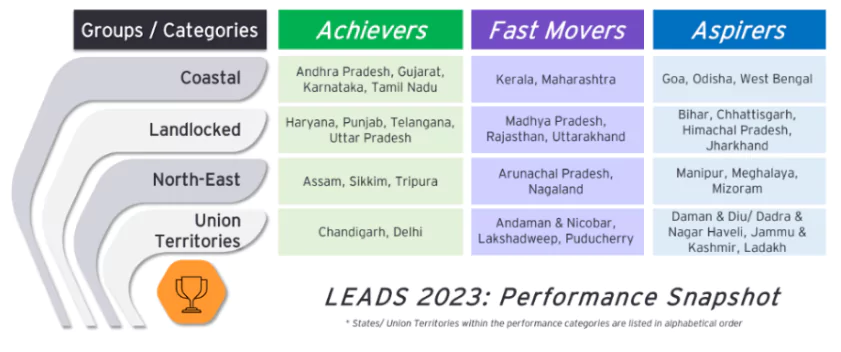
Standard Essential Patents
Subscribers of "Current Affairs" course can Download Daily Current Affairs in PDF/DOC
Subscribe to Never Miss an Important Update! Assured Discounts on New Products!
Must Join PMF IAS Telegram Channel & PMF IAS History Telegram Channel
- Context (TH): The Telecom manufacturing sector in India is facing significant obstacles due to certain technology companies asserting their ‘standard essential patents‘ (SEPs).
- Until now, the judiciary has been responsible for regulating SEPs, but as an institution, it has largely failed to address these issues effectively.
About SEPs
- These are patents that cover technologies that are adopted by the industry as “standards”.
- In the telecom industry, CDMA and GSM are SEPs, alongside LTE, all serving as industry standards.
- Such technological standards are essential to ensure the interoperability of different brands of cellular phones manufactured by different companies.
- For instance, once GSM became a standard, manufacturers had to ensure handset compatibility; failure to do so would lead to diminished demand for their phones.
What is standard in a SEP?
- The meaning of standard in this context is a “technical standard” or, more specifically, an “industry standard”.
- They are standards in technology requirements that need to be met to provide so that a product or process functions in a specific manner.
Essentiality of a Particular Standard
- A patent earns this title when it becomes impossible to produce a product that meets the industry standards set by standard-setting organisations (SSOs) without stepping on the toes of that patent.

Credits: https://www.inquartik.com/blog/basic-standard-essential-patents-the-basics/
SEP and Royalty Issues
- The process of setting standards in the technology sector is largely privatised and dominated by SSOs, mainly run by private technology companies.
- The companies that own the SEPs gain enormously because every manufacturer of cellular phones has to license the technological standards in question in order to survive in the market.
- The lack of alternatives also means that owners of SEPs can demand extortionary royalties or licensing terms from manufacturers that block competition. This is called the “patent holdup” problem.
- In the same manner, any SSO may avoid adopting a standard if the SEP owner is reluctant to license the patent in advance, as the SSO’s level of adoption is a determining factor of the SEP value.
- In theory, the SSOs are supposed to prevent such a scenario by requiring the owners of SEPs to license their technologies at a fair, reasonable and non-discriminatory (FRAND) rate.
FRAND OR (F)RAND OR F/RAND
- FRAND is the acronym for fair, reasonable and non-discriminatory.
- These terms are required by SSOs to ensure fair, reasonable, and non-discriminatory licensing of patents by SSO members to other members and sometimes non-members.
- The FRAND terms ensure a balance between the standard’s use by all industry manufacturers and the fair benefits reaped by the SEP owner.
Frand in India
- The position of the F/RAND litigation in India is relatively new as compared to the European Union and the United States.
- At present, the Competition Commission of India (which has just begun deciding cases on topics like calculating FRAND loyalty) and the Courts are overrunning each other.
Opposite Stands of CCI and Judiciary on Frand Issues
- CCI prefers using the minor patent-practising component to calculate FRAND royalty, while the Delhi High Court uses the downstream product as the basis.
|
Judicial lethargy and Judicial Activism
Lack of Investigation into Abusive Licensing Practices
- Due to judicial lethargy and delays, the GOI has not yet investigated potentially abusive licensing practices of technology companies owning SEPs.
Protracted Litigation
- Litigation surrounding competition law issues has been mired in delays and remained pending for an extended period, resulting in a lack of resolution.
- For instance, a case involving Ericsson challenging the Competition Commission of India’s power lasted for seven years before a judgment was delivered.
Impact on Manufacturers and Unprecedented Interim Orders
- The prolonged litigation and uncertainty have adversely affected manufacturers, particularly Indian companies.
- During the pendency of trials, The Delhi HC has issued unprecedented “deposit” orders, Manufacturers have been required to deposit substantial sums of money with the court.
- This has strained their financial resources and affected their ability to operate effectively.
- These orders lack legal basis and are unfair to defendants, depriving them of working capital for the duration of the trial.
Impact on the Investment and Manufacturing Sector
- Judicial lethargy and activism have negative implications for the GOI’s efforts to attract investment in the manufacturing sector.
- Delays and uncertainties in legal proceedings deter potential investors and undermine the effectiveness of government initiatives like the “production-linked incentives” scheme.
Questioning the Policies of Government
- The situation raises questions about the rationale behind GOI’s policies that incentivise manufacturing while overlooking issues related to abusive licensing practices by SEP owners.
- This inconsistency may hinder efforts to promote economic growth and job creation in the country.







![PMF IAS Environment for UPSC 2022-23 [paperback] PMF IAS [Nov 30, 2021]…](https://pmfias.b-cdn.net/wp-content/uploads/2024/04/pmfiasenvironmentforupsc2022-23paperbackpmfiasnov302021.jpg)











